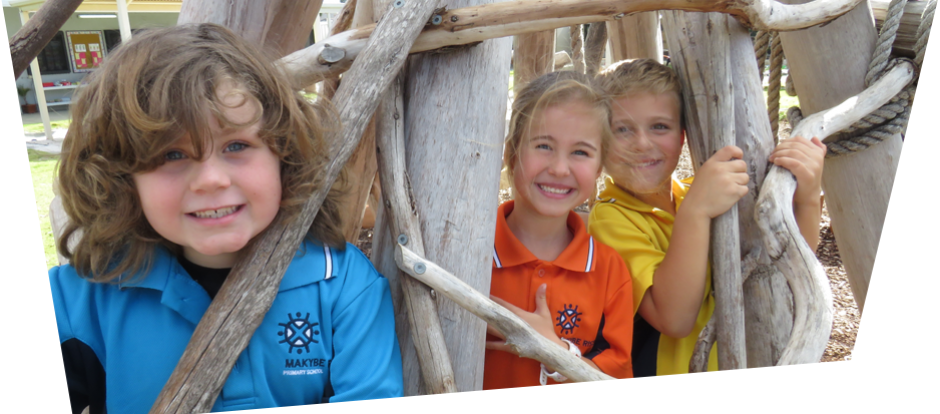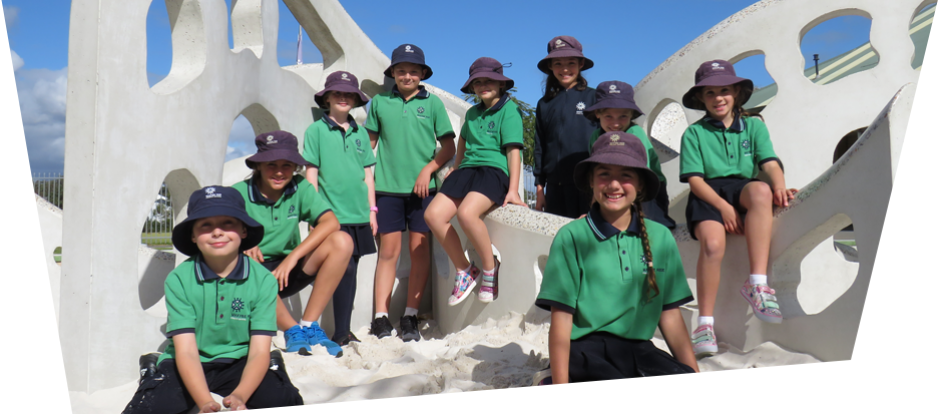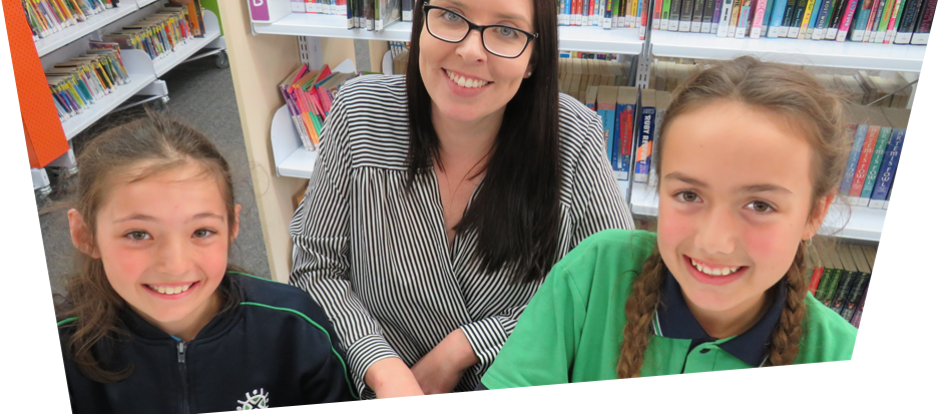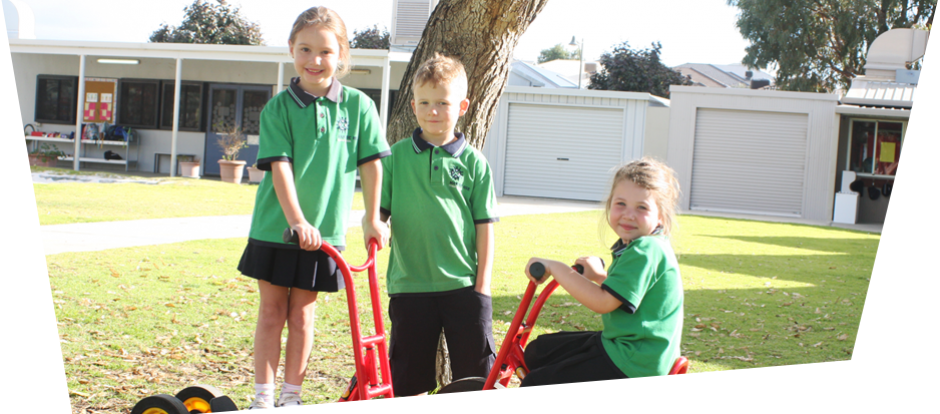Makybe Rise Primary School aims for its students to develop their ability to use both written and oral language appropriately in a range of contexts, for different purposes, and to communicate effectively with a variety of audiences.
We do this by adopting a whole school, research based approach that promotes cohesiveness of teaching and assessment and includes effective early intervention processes. Early intervention targets students from the earliest ages and aims to ensure that all students reach their full potential. Makybe Rise Primary School uses a range of evidence based programs and instructional techniques to improve the outcomes for English students.
While English skills are developed across the curriculum, the school does observe a dedicated, 90 minute Literacy Block where students are explicitly taught functional and critical literacy skills. We model, share and provide opportunities for small group guided practice before encouraging students to independently apply what they have learnt.
The Literacy Block is preceded by a 20 minute “Warm Up”. The Warm Up is a daily, fast paced drilling and practise of key skills previously taught. The purpose of the Warm Up is to develop fluency, automaticity and to move knowledge into long-term memory. A Warm Up is not an introduction to an upcoming lesson, rather it is seen as a valuable tool for review and consolidation of key concepts and skills.
The Warm Up consists of two distinct components:
- Consolidation
- Automaticity
A range of student performance data is collected across the year levels and this is used to inform ongoing planning. Assessments are carried out and the results are then analysed by the administration team and class teachers using the Disciplined Dialogue process. This involves professional conversations around emerging trends and enables both individuals and groups of students to be closely monitored.
AVID instructional strategies are reflected throughout the English program. Students learn skills that they can put to use across the learning areas through WICOR.
- Writing
- Inquiry
- Collaboration
- Organisation
- Reading
These skills include questioning techniques, note taking and reflection tools that enable students to take control of their own learning.







